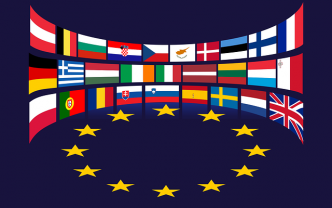| Protecting our European Way of Life’? Migration and European Identity |
| Looking through the spectacles of European civil society actors: an analysis of EU’s power in West-African peacebuilding activities. A framing analysis of CSDN reports |
| Exploring Regional Variety in the Political Language of the AfD – A Comparative Case Study of Four German Länder |
| Children migrants, vulnerable population or potential threat ? EU discourse about Unaccompanied Minors (UAMs) during the migration crisis |
| Why does the EU not practice what it preaches? The gap between policy rhetoric and action in the case of the EU-Turkey Statement |
| EU Actorness in Global Migration Governance: Austria's Unexpected Withdrawal from the UN Global Compact for Migration |
| Assessing Different Conceptualizations of European Identity Among German-Turkish People |
| A Gendered Perspective on the Securitisation of Migration: Female Refugees in the German and French Newspaper Coverage |
| The establishment of the Troika in the Eurozone crisis: An intergovernmentalist approach to explain the inclusion of the IMF in the Euro crisis management |
| The EU and the promotion of women’s rights in the Middle East and North Africa Deconstructing Tunisian exceptionalism |
